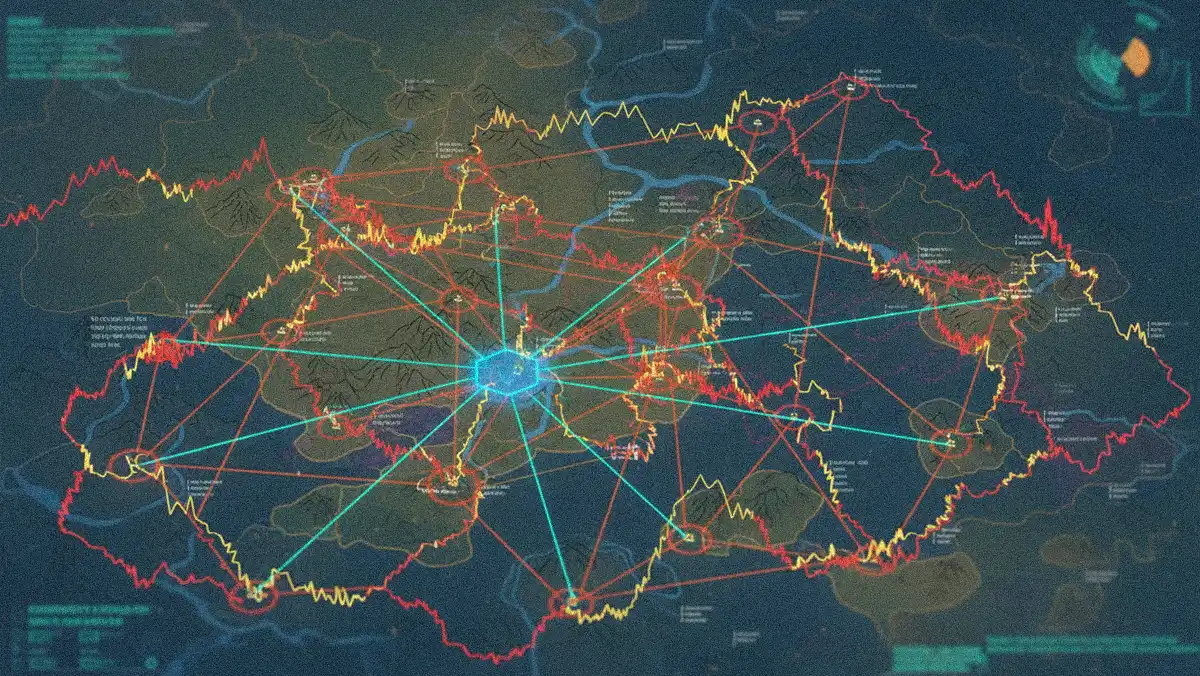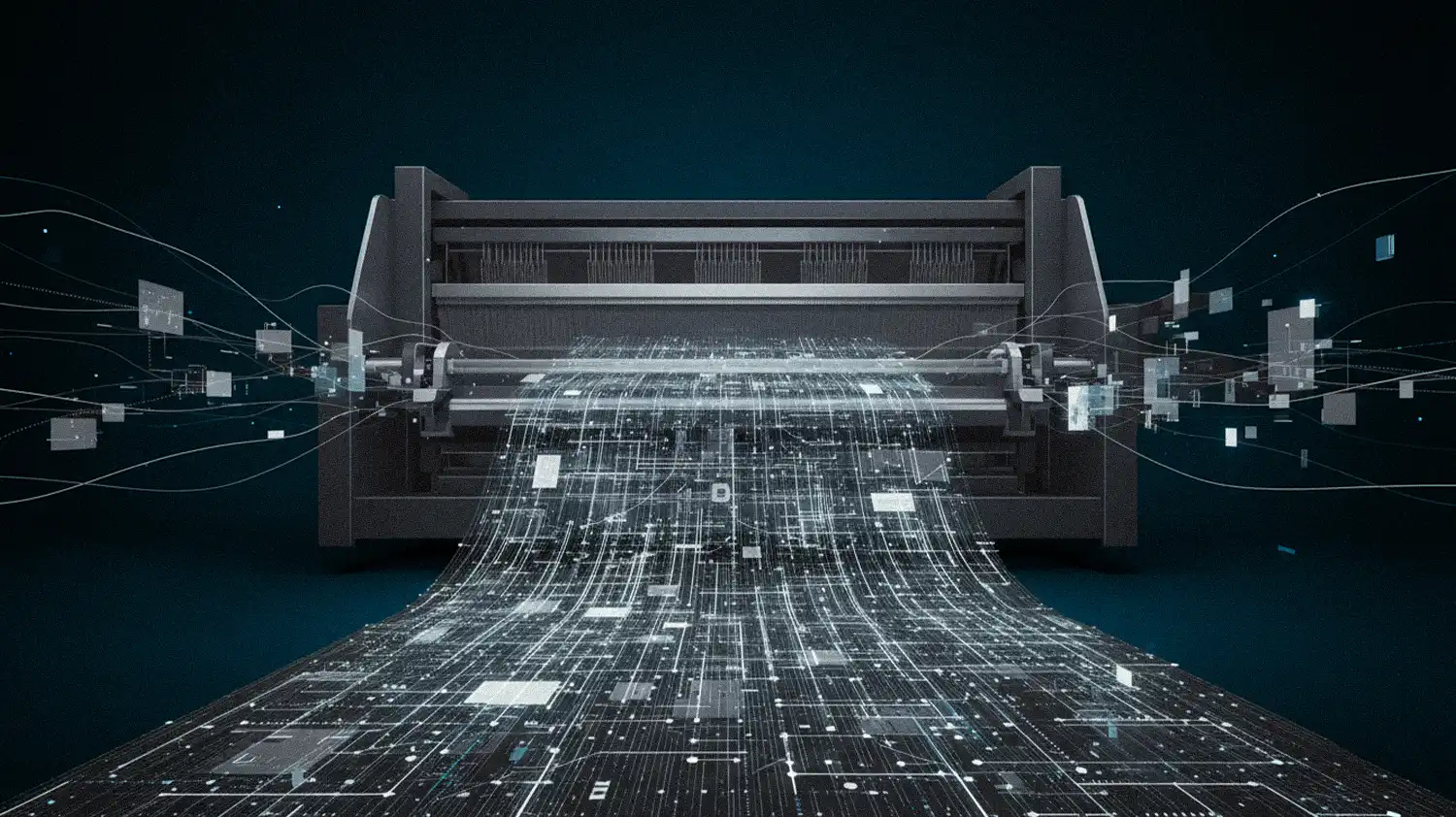
- Browser chat-based AI from the major LLMs like OpenAI, Gemini, and Perplexity are fundamentally altering the way users interact with websites, possibly even foreshadowing their eventual extinction.
- Oren Inditzky, Wix's VP & GM of Online Stores, explains how generative AI and advanced machine learning now offer sophisticated e-commerce site building capabilities—once exclusive to large enterprises—to all Wix users.
- The company envisions future websites as AI agents delivering highly personalized experiences, focusing on the synergy between GenAI and ML for ongoing content optimization.
DIY website builders have long navigated the allure of no code accessibility against the perception of being limited to simple, small-scale projects. But the infusion of AI is shifting that narrative, transforming some platforms into engines for substantial commerce, upending established notions of their capabilities.
"Some people still think of Wix as 'the go-to DIY platform for aspiring creatives,'" says Oren Inditzky, VP & GM of Online Stores at Wix. "And the reality is we now power multi-million dollar e-commerce businesses with enterprise-grade capabilities, all while retaining that original ease of use. Bridging the perception gap is the biggest hurdle we're working to leapfrog."
Beyond design: "Gen AI easily allows you to create original e-commerce content, but it's the advanced machine learning algorithms that really democratize capabilities that were once only reserved for e-commerce giants," Inditzky explains. For Wix users, this means AI is embedded in key tasks to reduce friction at every stage. Whereas in the past, an eye for design was a prerequisite for professional looking sites, Inditzky says users can now simply describe what they want built, and the AI generates it—product descriptions, FAQs, homepage policies, and even product photography.
Websites as AI agents: "We like to envision the 'websites of the future' as being more like AI agents that understand context from buyers and know how they think even before they land in your store," Inditzky suggests. He envisions a clear departure from traditional static websites, with experiences where "the entire experience is going to feel like more of an agent that understands your needs and adapts to create content on the fly for you."
Internally, Wix is also deploying customer-facing AI assistants that become 24/7 product, conversion, and admin experts. Merchant assistant tools let business owners track orders, dive into analytics, or start discounts via simple commands.
Native capabilities vs. app overload: But just because AI can, doesn't always mean it should. Inditzky notes a common industry pain point is application, feature, and point solution overload: "In many platforms you do need a dozen different third party solutions to work with to really establish a professional store. It starts to add up, and you have a pretty steep learning curve to understand all those different tools."

Personalization with purpose: For all of the feature-heavy talk, ROI is still carefully considered at every turn. While "hyper-personalization at scale" is a common buzzword right now, Inditzky emphasizes genuine outcomes. Inditzky explains that while current AI often operates on direct instruction, the true synergy—what he identifies as the next significant wave of AI innovation—will emerge "'once those two work together in a way that constantly adapts based on goals and feedback from the real world."
Inditzky says Wix isn't limited to e-commerce, providing examples such as solutions for services like beauty salons, restaurants, donations, and events. "The benefit is that [being industry-agnostic] doesn't limit your growth. If you're an event organizing company, you can sell merchandising with a click of a button. If you are selling snowboards and you want to have bookings for tuning sessions, you can do that with two clicks. So the cross-vertical capability that we have is pretty unique in the market." Fortunately, the semantic flexibility offered by AI transcends rigid data structures that came before, opening up more nuance and opportunity for builders and consumers alike.
.svg)





